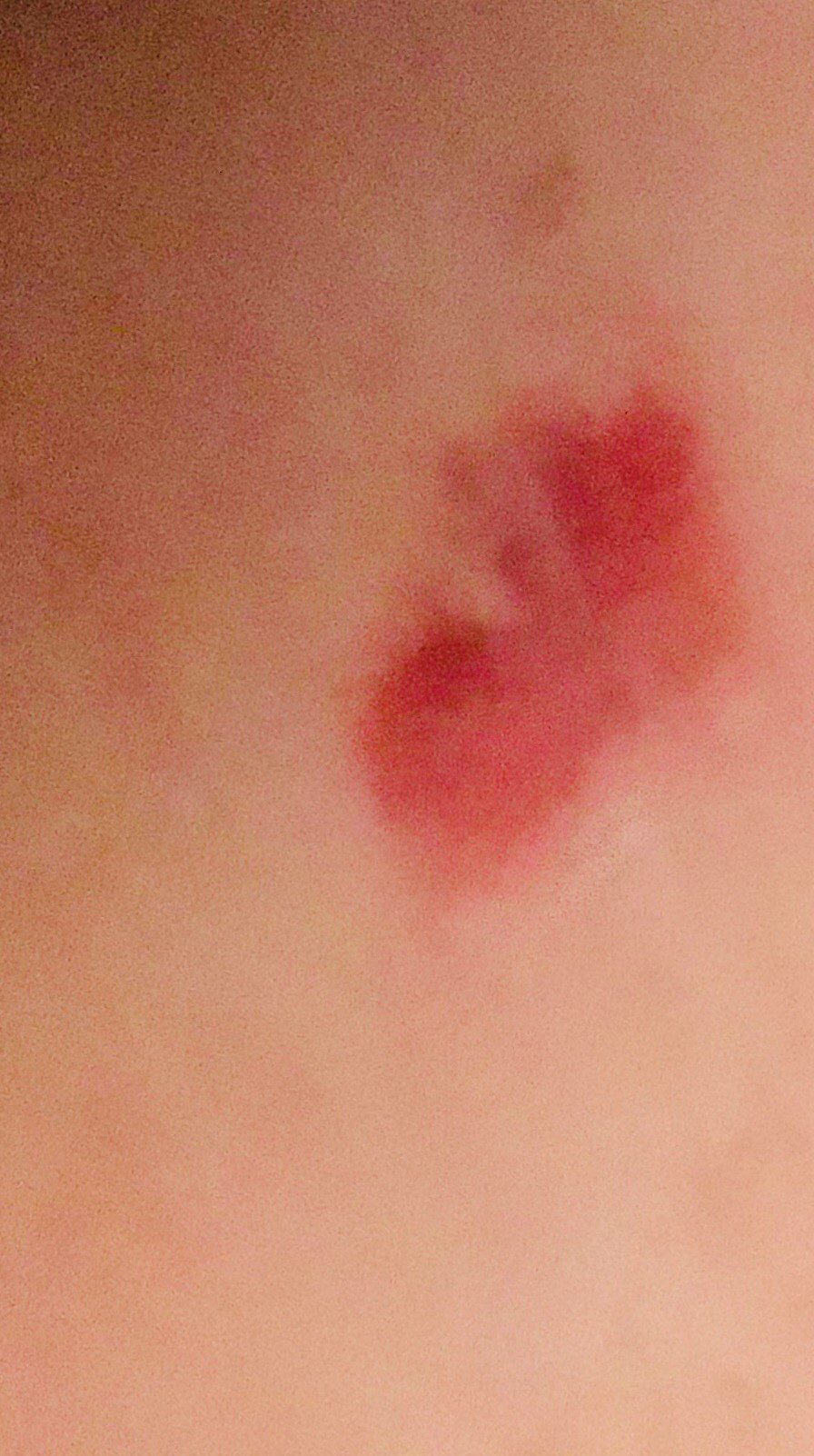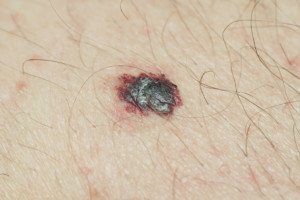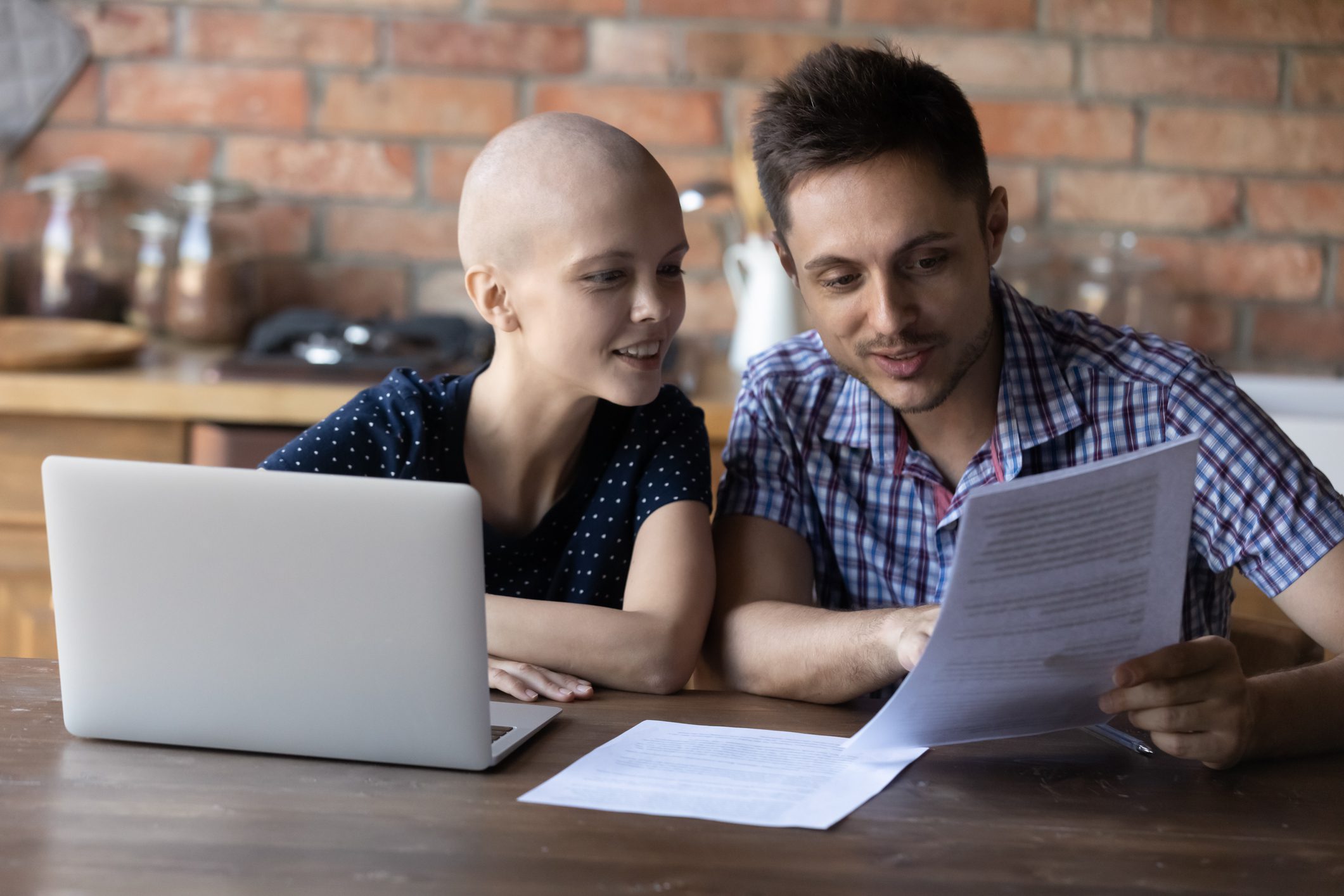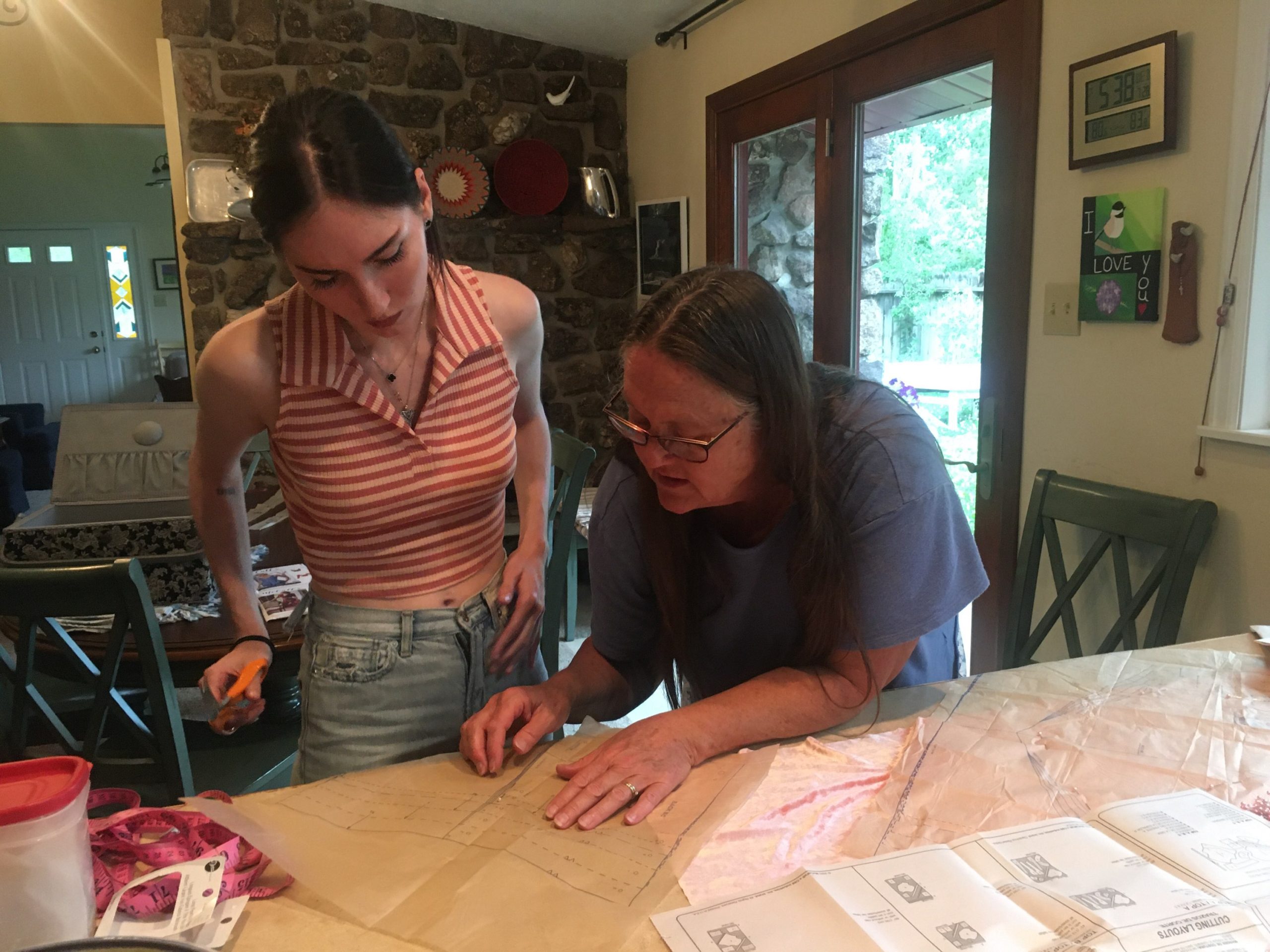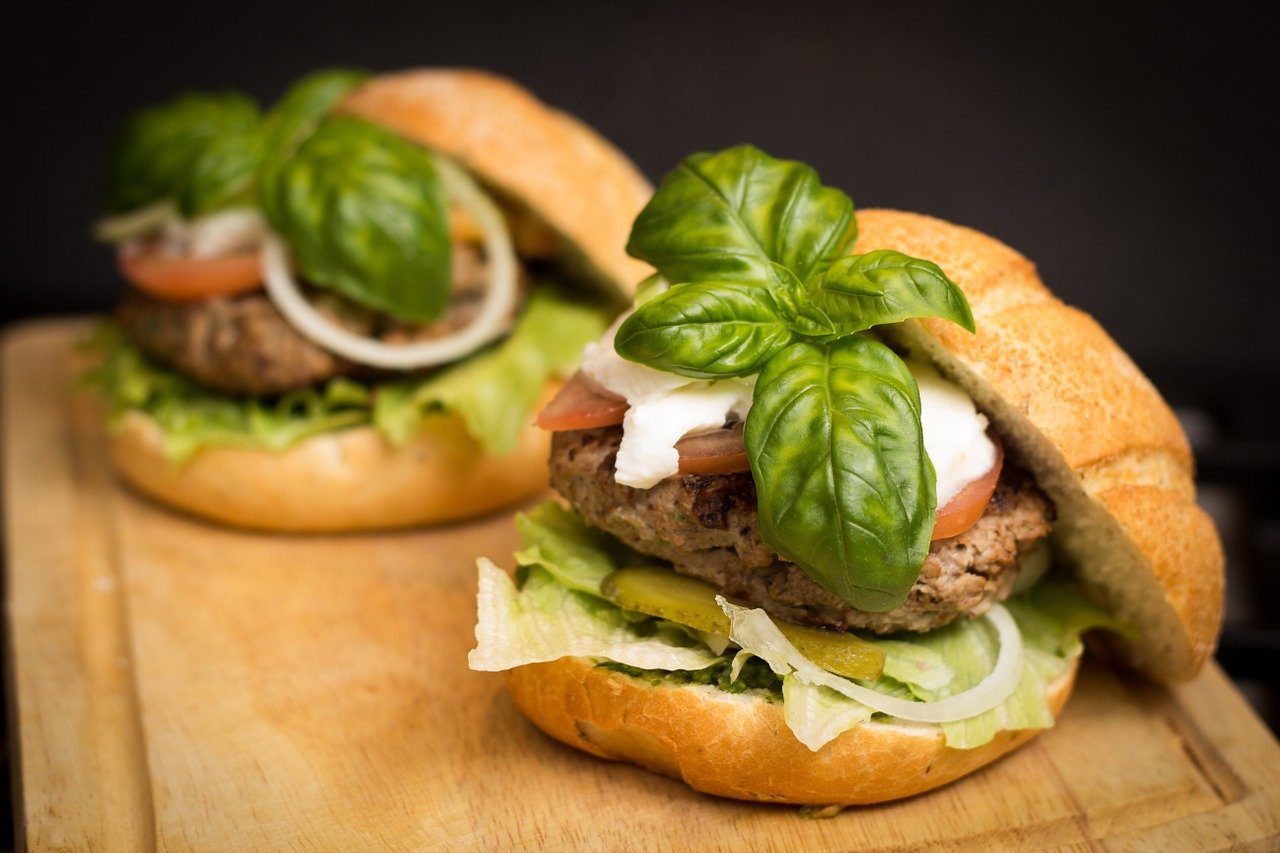Blog
Latest Post
Cannabis (CHS)
Cannabis CHS, what you need to know & what to do about it. Cannabis Hyperemesis Syndrome (CHS) can be devastating and is easily misdiagnosed. The first documented case was in …
Living Healthy & Happy
When you hear, “healthy lifestyle” it can mean different things to people. Also, words associated with healthy lifestyle can create a visual or visceral response. If we stop and consider …
FEEL GOOD
Find the joy in the moment. Take a minute in your day! Look around you. You will find something that gives you that warm feeling inside!, Joy! laughter! Pleasure from …
Facts about Ferritin : Low and High
Many people suffer from iron deficiency and some suffer from iron over load. Often individuals and their families don’t have a clear understanding of what that means. Anytime we discover …
My Journey, Melanoma
.January of 2020 was the beginning of a season for me One day I noticed a round blotchy spot on the right side of my upper chest. An area the …
May is Melanoma Month
May is a great month to highlight information about Melanoma because it the beginning of summer, when we tend to be out in the sun more. The medical community is …
Mental Wellbeing, The Mind Body Connection
Mental health includes our emotional, psychological, and social well-being. It affects how we think, feel, and act. It also helps determine how we handle stress, relate to others, and make …
Kindness
A gift that takes so little but gives so much. Remember to stay in the moment: looking beyond yourself. Looking through lenses to see those that would otherwise be invisible, …
Foods/Nutrients Our Bodies Need: How They Help Our Thyroid & Help Prevent Other Health Issues
It boils down to what we eat and staying active. I think we make a choice to make changes because we want to have more energy…
Frequently Asked Questions (FAQs)
As long as you are in good health, a brief liquid fast or cleanse is fine. But don’t expect wonders—other than a sense of personal accomplishment, perhaps: Any physiologist will tell you that properly functioning lungs, liver, kidneys, and intestines do a fantastic job of keeping your body free of impurities without the help of fasting. If you do pursue a fast, always make sure to drink enough fluids to avoid dehydration.
A growing body of evidence strongly suggests that vitamin D in high doses not only helps keep bones strong but also reduces the risk of colon, ovarian, and breast cancers and diseases such as diabetes and multiple sclerosis. And many of us don’t get enough because of a lack of exposure to sunlight (the sun triggers D’s production in the skin) or diets that omit good sources (fatty fish such as salmon, mackerel, and tuna, and fortified milk and cereal). While the official daily dose for people age 51 to 70 is 400 IUs, most experts agree that they should aim for 800 to 1,000 IUs of supplemental D a day. But if you’re under 50 and you consume the recommended 200 IUs (the equivalent of two glasses of milk daily) and get 10 to 15 minutes of sun exposure—without sunscreen—a day, a 400 IU supplement should do you fine.
No. Microwaving doesn’t alter food in any way that could make you sick. All a microwave does is spur the water molecules in your food to move, and the friction of those molecules heats up your meal. The ovens do generate a tiny magnetic field, but there’s very little evidence that such a field poses a problem for humans. What’s more, there’s an easy way to avoid any potential harm—step back when the oven is on.
Swordfish, yes. But for most other fish, the benefits of wise consumption outweigh the risks, according to a landmark study in the Journal of the American Medical Association. Swordfish contains high levels of mercury; canned albacore (white) tuna has more mercury than canned light tuna, which is why the Environmental Protection Agency recommends that women of childbearing age eat no more than six ounces of albacore per week. Though salmon does not pose a mercury risk, it may have PCBs (industrial compounds). Limit servings of farmed salmon to once a month; enjoy wild-caught four or more times a month. To learn which seafood is lowest in contaminants and isn’t overfished, visit OceansAlive.org.
We all have mental health which is made up of our beliefs, thoughts, feelings and behaviours.
It can be difficult to find the things that will help you, as different things help different people. It’s important to be open to a range of approaches and to be committed to finding the right help, and to continue to be hopeful, even when some things don’t work out.
The plastic bag isn’t dangerous, but the chemical residues it traps in your clothing might be, says Sarah Janssen, MD, an expert with the Natural Resources Defense Council, an environmental advocacy group. That smell your dry-cleaned clothes give off is perchloroethylene (perc), is a chemical the state of California classifies as a potential carcinogen. Reduce your exposure by removing the bag and hanging the clothes outside—or in your bathroom with the window open or the fan on—to air. Don’t leave bagged clothes in a hot car: The heat accelerates perc’s release and could make the air in your car toxic, says Janssen.
Sadly, no. The closest scientists have come was a vaccine against synapse-destroying beta-amyloid deposits, a hallmark of the disease. But human trials were stopped abruptly a few years ago when some volunteers developed severe brain inflammation. Still, studies suggest that you can take steps to help your brain—from staying intellectually, socially, and physically active (exercise raises levels of a brain chemical called BDNF that encourages the growth of new brain cells) to eating more fruit, veggies, and salmon.
If you mean, could it give you cancer, the answer is probably not. Diabetes? Unlikely. Osteoporosis? Maybe. And it seems possible that the drinks are related to weight gain. Recent research suggests that having several diet drinks a day can weaken bones and is linked to weight gain, though the causes are very murky. Respected nutritionist Marion Nestle, Ph.D., author of What to Eat and Food Politics, has this to say: “I so prefer real sugar. The other sweeteners are all chemical and all artificial, and I’m not aware of much real evidence that they help people cut calories.” A study published this year indicates just the opposite: In rodents, at least, there’s evidence that the substitutes interfere with the body’s ability to register how many calories it’s taking in—which could lead to overeating.





